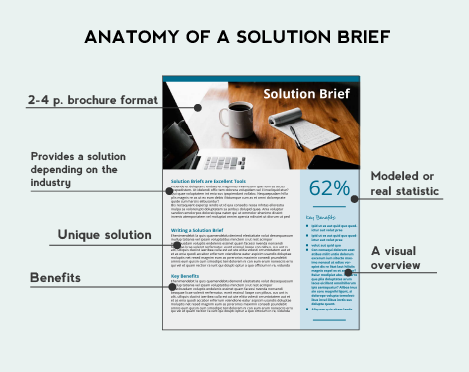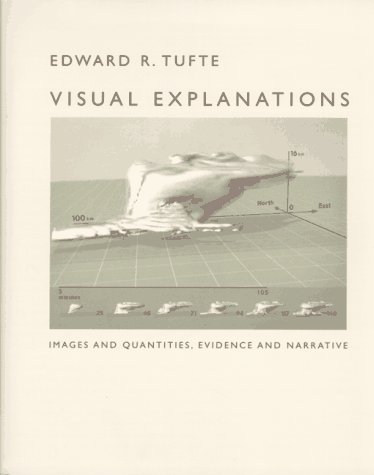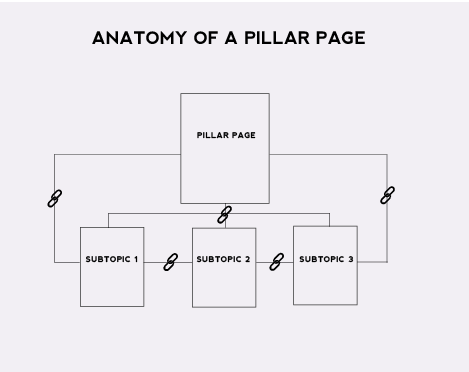As I went through both professional certification for technical communication and then a master’s degree program early in my career, I learned that a lot of specialized skills make a good tech writer. A well-rounded tech writer is going to be agile in all forms of communication, including project management, visual displays of information, and editing.
All of those elevate a tech writer from entry-level to experienced. But we can sum up 4 primary great skills tech writers should have:
1. Knowing your audience. This is key. You have to understand for whom you write whether the document is a user manual or a marketing piece like a solution brief. You need to know how to craft the words that will resonate with your audience. If you don’t know your audience, there’s a good chance your work won’t be effective. You can go pretty deeply into this with user profiles and enacting user testing, but the real secret is to just ask questions.
2. Knowing how to research and interview. Tech writers need to be able to research a topic well, be it gathering available documentation on a product or service, or interviewing a subject matter expert. I have seen other articles suggest that “performing extremely detailed research” is the cornerstone of tech writing. Extremely detailed isn’t the point here. It’s eliciting the right information from your subject matter expert or your subject matter, and for that you need to be nimble, having a good plan, and understand what answers you’re looking for.
3. Knowing how to plan. Tech writers know that an outline is their map to a successful document. It provides a crucial starting point in an often overwhelming sea of source material. Outlines help organize thoughts and salient technical details — and an outline is easy for subject matter experts to review and provide input on. A schedule also helps organize time spent working on a document, building in time for editing, resting, and review.
4. Knowing how to edit. As discussed in my post on tech editors vs. tech writers, there’s an absolute place for both professions. But many employers don’t hire technical editors for their tech writers unless it’s a big team or a specialized need. Whether you have an editor or not, you should be prepared to perform rudimentary edits to your work. Check for consistency, grammar, style, and language. Critical to this process is building time in for editing, which is often overlooked in the planning stages of a document creation cycle.
I hope these help. As mentioned, there are so many more skills a good tech writer needs to have and distilling them down to only 4 for a post seems a bit superficial, but these really are 4 extremely important skills!





